Accessible Voting
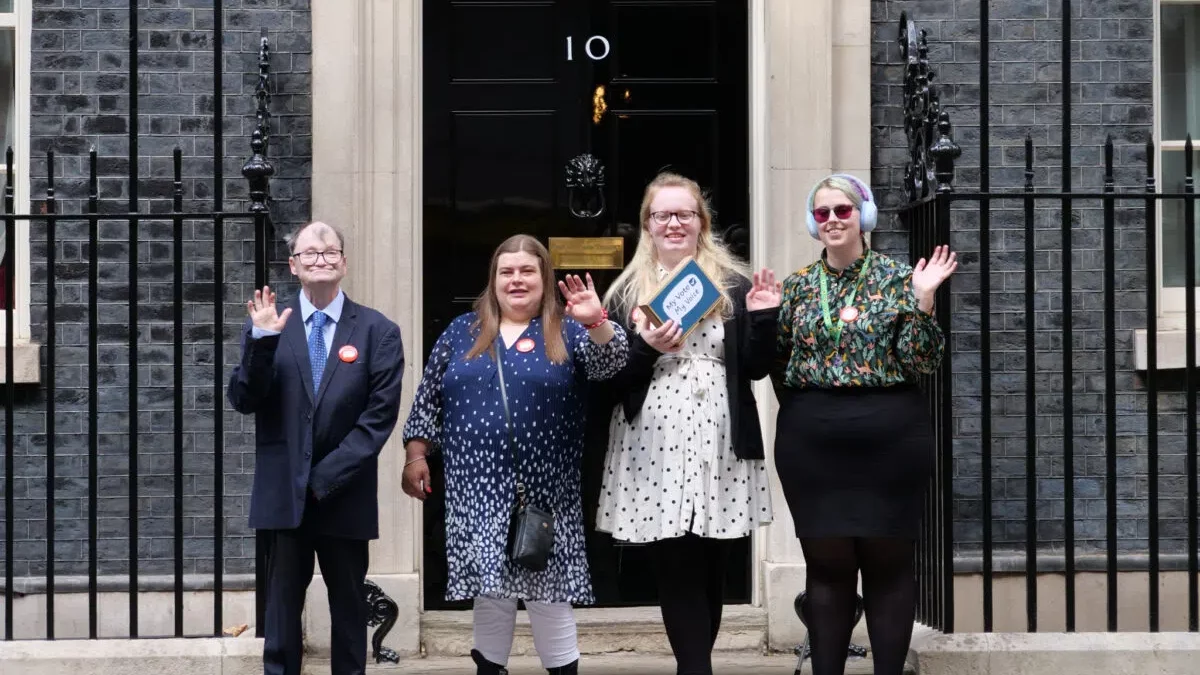
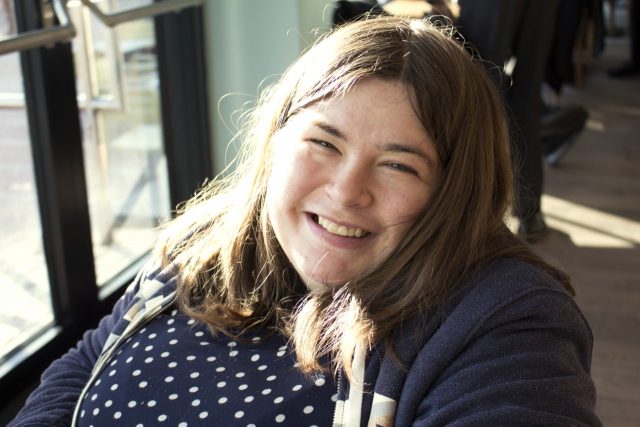
I’m Mary Woodall and I am a self-advocate and member of Learning Disability England’s representative body.
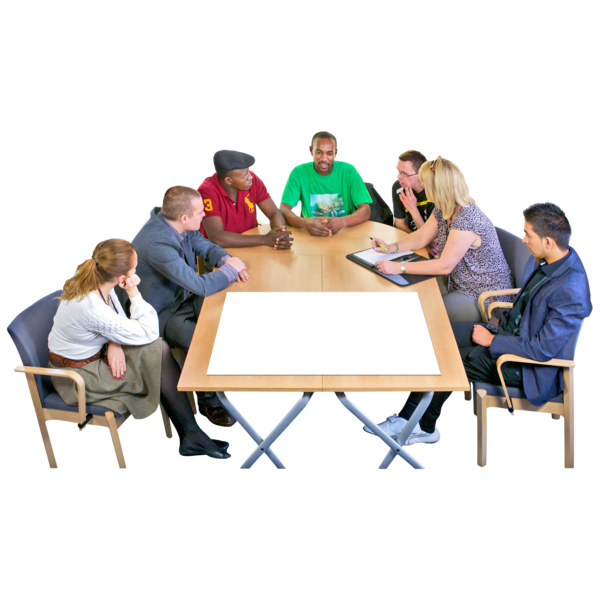
As part of this work on the rep body I am Learning Disability England’s representative on the Social Care All Party Parliamentary group (APPG) lived experience advisory group.
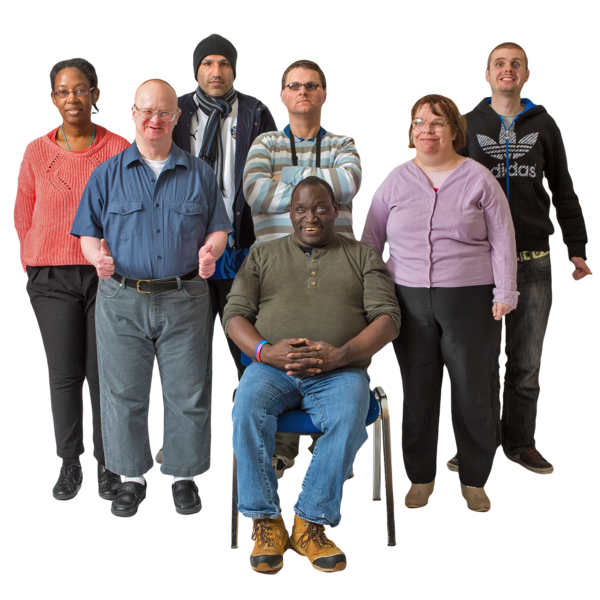
The lived experience group brings together the voices of people with lived experience to have their say in policy change on adult social care.
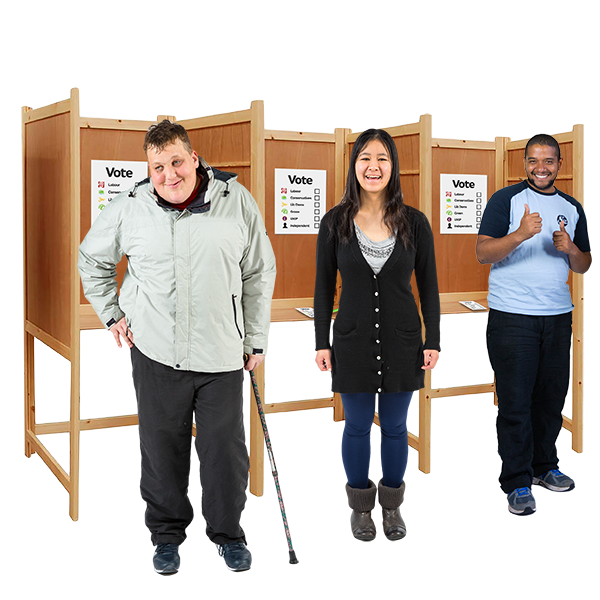
For some of the meetings we have been speaking about accessible voting and getting people with learning disabilities involved in politics.

A report from The Electoral Commision that has just come out looked at how the May 2023 elections in England were run and how voters and campaigners found taking part.
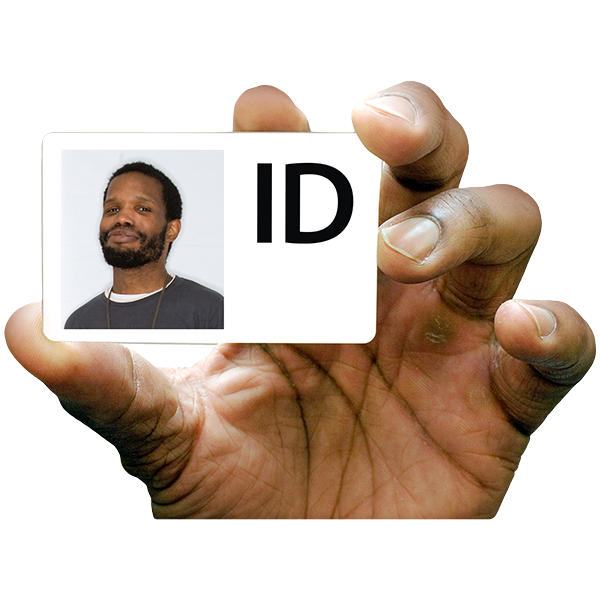
It found that there are still accessibility barriers that stop people from being able to vote. One of these was the need for voter ID.
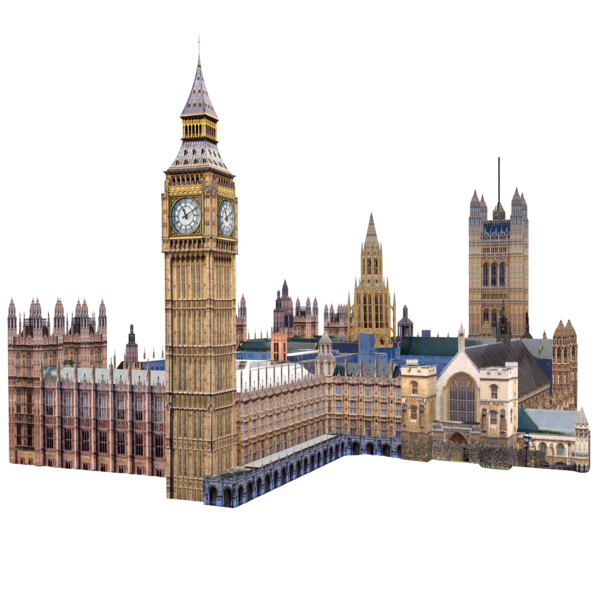
The My Vote My Voice campaign had a reception in parliament on Wednesday 19th July that I went along to as one of the APPG’s representatives.
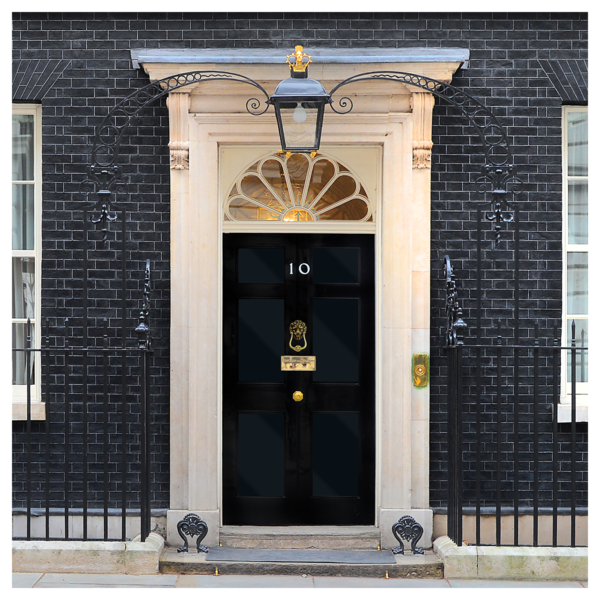
On the same day, I helped to hand in a petition to 10 Downing Street with some other members of this campaign group and our lived experience group.
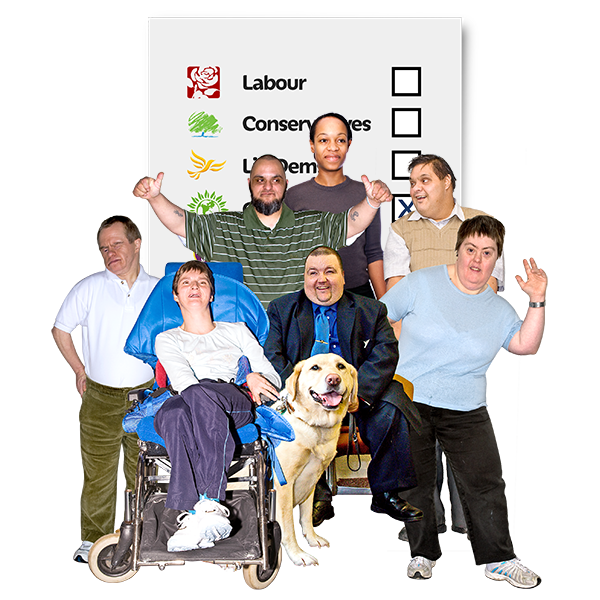
The petition is calling on the Government and Parliament to put more focus into making voting accessible.
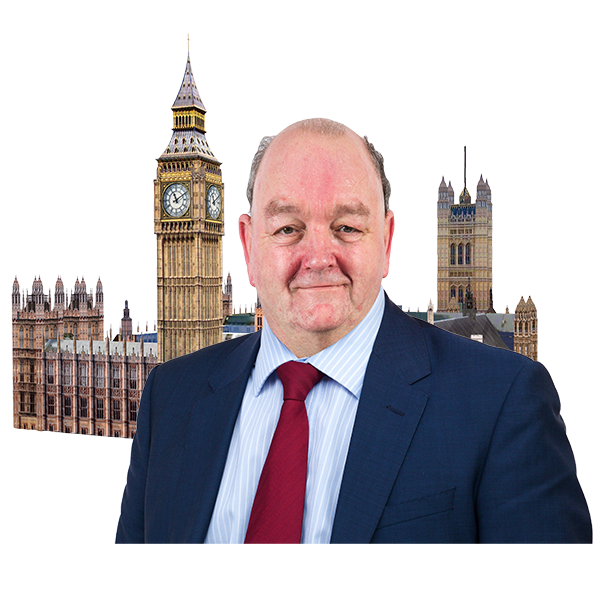
Politicians must do better to make it easier for autistic people and people with learning disabilities to use their right to vote.
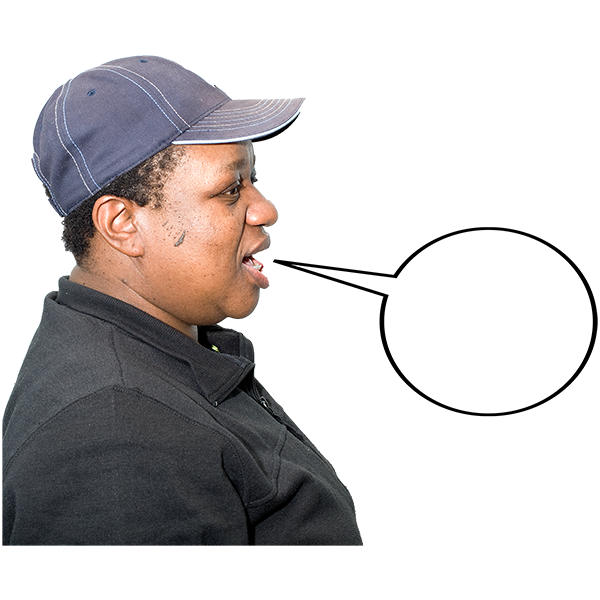
The voices of people with a learning disability need to be heard and they need to have their say in how the country is run.
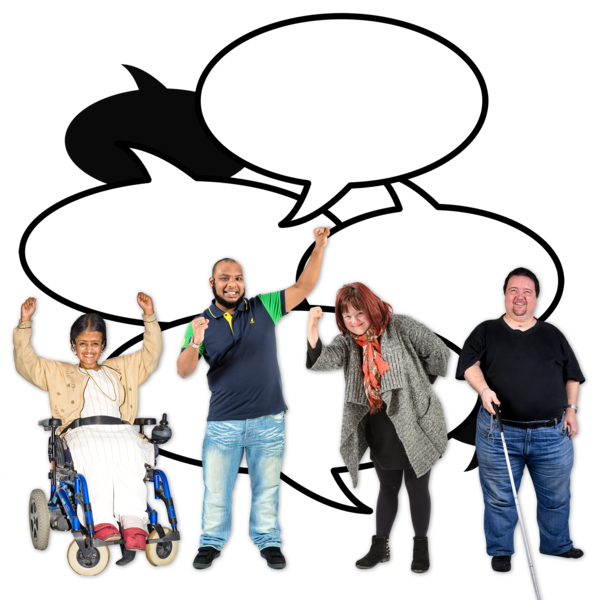
The lived experience group I am part is another way of helping people’s voices be heard.
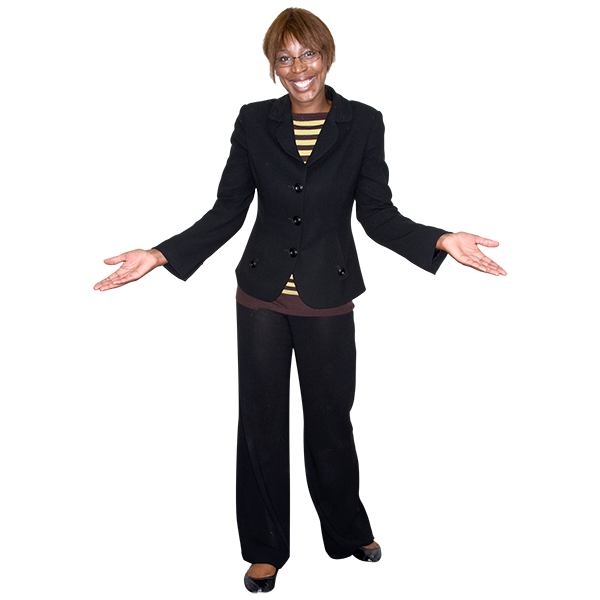
At the most recent group meeting we were joined by a representative from People Voice Media.
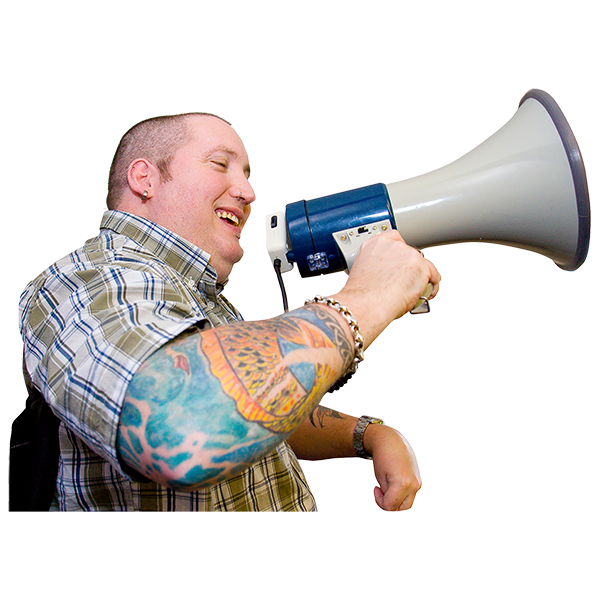
They are a storytelling movement that help people use technology to share their own (and their peers’) stories of lived experience.

I found this meeting really interesting and useful.
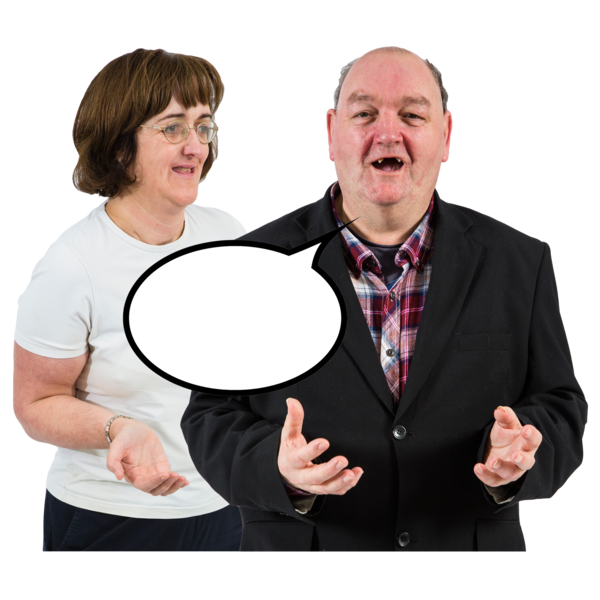
It is not that people with a learning disability don’t have a voice and stories to share but sometimes need a bit of help to be heard.